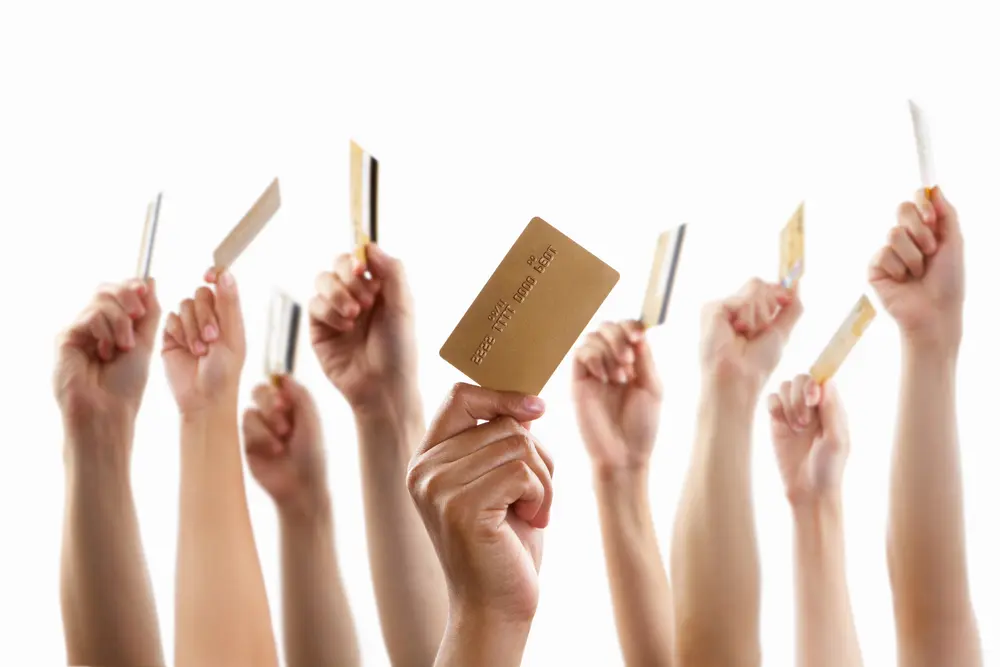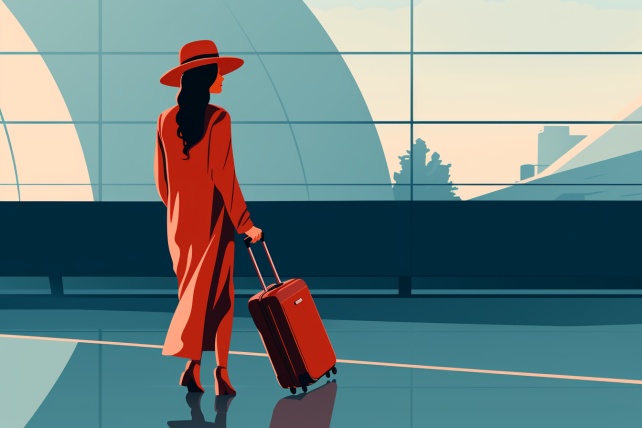It’s finally happening. After years of putting up with blackout dates, broken promises and bait-and-switch games, loyalty program members — particularly air travelers — are saying “Enough!”
They’re refusing to play the loyalty-program game, jettisoning blind brand allegiance in favor of a more pragmatic view of travel. Price and convenience are trumping mindless devotion to an airline, a car rental company or a hotel.
In a recent survey, a plurality of travelers (38 percent) said that finding the best deal topped their list, a tectonic shift from previous years, when collecting credits in a frequent-flier or frequent-stayer program was more important. Only 9 percent of travelers will book their trips based on loyalty to an airline or hotel chain, according to the poll conducted by Wakefield Research on behalf of Capital One.
Travelers quitting traditional programs
“It’s all about the bottom line,” says Nathan Richter, a partner at Wakefield Research. “Getting the best deal on a summer vacation is a priority for many consumers this year.”
Consumers in the past have been willing to endure the fine print and shifting goal posts that have defined most travel loyalty programs. They’ve looked the other way while program rules were quietly rewritten and their points expired, hopeful that they would someday get a “free” award ticket. But the latest reforms by such legacy airlines as Delta and United, which tied rewards to the amount that travelers spend rather than the number of points they earn, was a pill too hard to swallow.
Loyalty members are seeking alternatives
April Thompson, a digital marketing consultant based in Atlanta, has been a loyal Delta SkyMiles member since she graduated from college in 2004. She discovered the value of accumulating miles and redeeming them through the airline’s expanding network of global partners — until the carrier decided to change the way it measured her loyalty, rewarding her based in part on how much she spends, instead of how much she flies. Those SkyMiles revisions, announced in February, will take effect on all flights departing after Jan. 1, 2015. (Related: What do you do when points vanish into thin air?)
“I will definitely be loosening up my allegiance to Delta,” she says. “Value and convenience are now my top priorities.”
Thompson has already allowed her elite membership to lapse, slipping from platinum level to gold, and she’s shifting her spending to an American Express card that allows her to redeem her rewards on multiple airlines so that she’s no longer tied to Delta.
Airlines’ loyalty program changes sparking customer defections
“Buh-bye,” says Jim Dailakis, a New York-based actor, who says he’s ditching his United loyalty program. “I no longer see the point in being loyal to any of these airlines and their mediocre rewards. They’re like a partner who only wants to stay with you because you have a lot of money. I’m dumping them just like I would a materialistic girlfriend.”
United’s changes, announced in June, take effect next March and mirror Delta’s changes, rewarding customers based on the fare paid rather than the number of miles flown. The biggest losers will be leisure travelers, says Brian Karimzad, director of the loyalty program site MileCards.com. “With average airfare around $300, you’ll earn fewer miles for that fare,” he says.
Ray Advani, founder of the money management blog Squirrelers.com, has watched the massive devaluation of loyalty programs and says that consumers’ behavioral changes make sense: It’s as if American travelers are slowly waking up from a three-decade slumber and realizing that the loyalty only ever went one way. Advani, who views this development as a consumer finance expert and a traveler, says that he’s changed the way he flies, too. “I’ve decided to focus on the actual prices rather than the rewards program when spending,” he says.
When travelers draw the line
Most of these loyalty program breakups happen quietly, from the privacy of an office cubicle or a home study. But not all of them. Consider what happened to Ron Hingst, who works for a nonprofit agency in Brighton, Mich., and is an enthusiastic participant in La Quinta Inn & Suites’ Returns loyalty program. “When I travel on business, I usually stay near the airport, and there is usually a La Quinta there,” he says.
But on a recent stay, when he proudly presented his loyalty card at the desk, an employee delivered a little bad news: Because he’d found a discounted rate online, it didn’t qualify for points. “Silly me,” he says. “I’m trying to be loyal, and now we split hairs where you book.”
Hingst cut up the card right then and there.
The end of loyalty programs as we know them
The few remaining loyalty program fans have a ready answer for people like Hingst. Go ahead, they say. Throw out your card. That just means more “free” rooms and tickets for us. But their responses suggest that these holdouts are missing an unsettling truth: that they’re witnessing the end of loyalty programs as they know them. It’s an event that even their platinum cards are unlikely to survive unscathed. (Here’s my authoritative guide to travel loyalty programs.)
It might be a positive change. If enough travelers can break the loyalty habit, then the corrosive effects of loyalty programs on the travel industry could be reversed. People will spend because they see real value, not because they’re slaves to their gold cards and perks. In time, the division between “haves” and “have-nots” might even narrow, and perhaps all passengers will get decent service, regardless of the color of their loyalty card.
As we move closer to the end of the year, expect more program breakups as travelers realize that their loyalty program never was, and never will be, loyal to them.
Too bad it’s taken so long.




